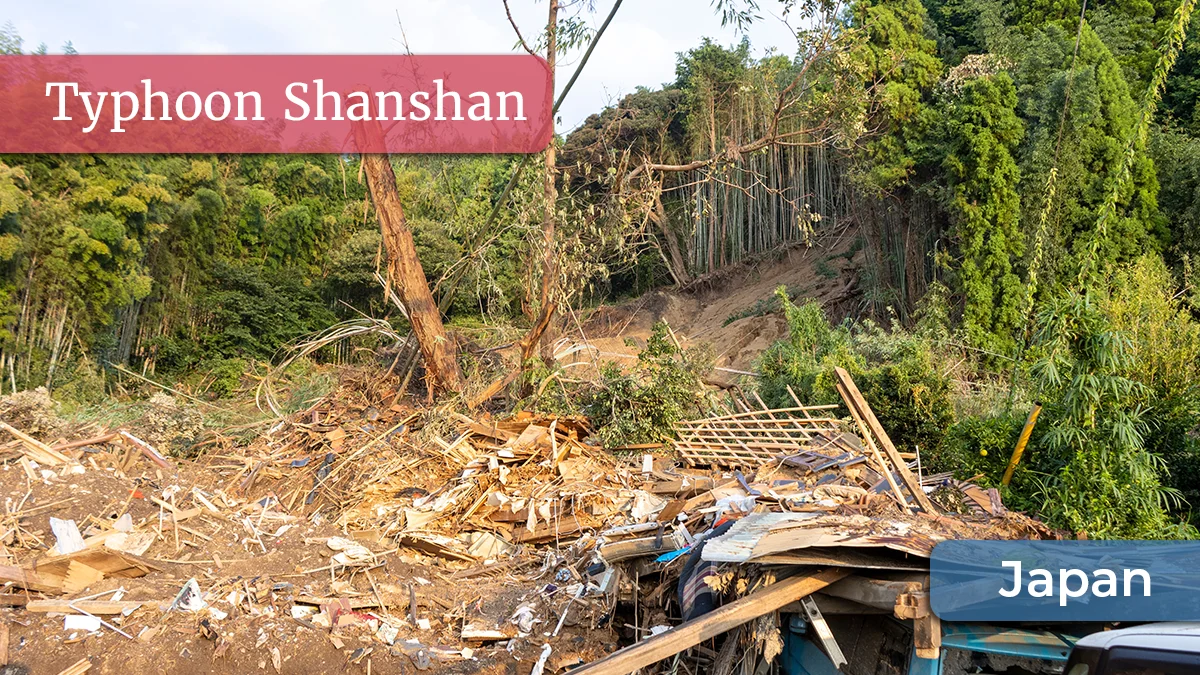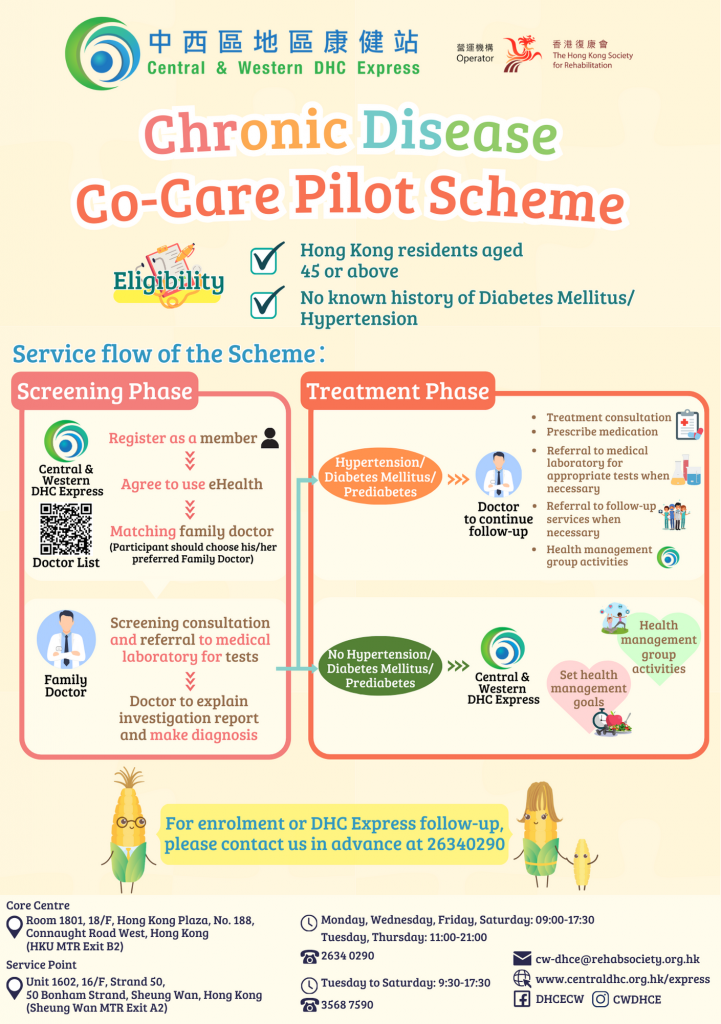Introduction: Overview of Typhoon Wipha No. 10 and Its Impact
Typhoon Wipha, known as No. 10, was a powerful storm that hit several areas with strong winds and heavy rain. It caused a lot of damage to homes, businesses, and roads. Many people faced flooding in their houses and lost important belongings. This typhoon showed how important it is to be ready for natural disasters and to have home insurance to help cover the costs of repairs.
Detailed Explanation of the Typhoon’s Path and Strength
Typhoon Wipha No. 10 started in the Pacific Ocean and moved toward land with very high wind speeds. It was classified as a strong typhoon, meaning it could easily destroy weak buildings and cause serious flooding. The storm hit coastal areas first, then moved inland, bringing heavy rain that lasted for days. Weather experts warned people to stay inside and prepare for the worst because of how powerful this storm was.

The Extent of Home Damage and Flooding: Specific Areas Affected
Many places felt the impact of Typhoon Wipha. Coastal towns saw the worst damage, with homes losing roofs and windows due to strong winds. Inland areas had major flooding as rivers overflowed, covering streets and houses with water. Some neighborhoods reported water levels up to several feet high, ruining furniture, electronics, and personal items. Reports showed thousands of homes were damaged or destroyed in the hardest-hit regions.
Understanding Home Insurance Coverage for Natural Disasters
Home insurance is a plan you pay for to protect your house from damage. Not all insurance plans cover natural disasters like typhoons or floods, so you need to check your policy. Some plans include wind damage, but flooding often needs a separate policy called flood insurance. It’s important to read the details of your insurance to know what is covered and what isn’t before a storm hits.

Step-by-Step Guide to Claiming Insurance for Typhoon Damage
If your home was damaged by Typhoon Wipha, follow these steps to claim money from your insurance:
1. Call your insurance company as soon as it’s safe to report the damage.
2. Take pictures or videos of everything that’s broken or ruined.
3. Make a list of damaged items and estimate how much they cost.
4. Keep receipts if you pay for temporary repairs or a place to stay.
5. Fill out the claim forms your insurance company gives you and send them in quickly.
6. Wait for an inspector to check your home and decide how much money you’ll get.
Importance of Documenting Damage for Insurance Claims
Taking pictures and keeping records of damage is a big deal. Insurance companies need proof of what happened to your home before they pay you. Without photos or videos, it’s hard to show how bad the damage was. Write down everything that got ruined, like furniture or appliances, and save any repair bills. This helps make sure you get the right amount of money to fix things.
Financial Preparation Tips for Future Typhoon Seasons
Getting ready for future storms can save you money and stress. Start by saving a small emergency fund for unexpected costs. Check your home insurance every year to make sure it covers typhoons and floods. Make your home stronger by fixing weak spots like loose roofs or windows. Also, keep important papers and valuables in a safe, waterproof place so they don’t get damaged.
How to File an Insurance Claim: A Detailed Process
Filing a claim means asking your insurance company for money to fix damage. First, find your insurance policy number and contact details. Call them to start the claim and tell them what happened. They’ll ask for proof, like photos or a list of broken things. An inspector might visit your home to look at the damage. After they review everything, they’ll tell you how much money you’ll get. Be patient, but follow up if it takes too long.
Common Mistakes to Avoid When Filing Typhoon-Related Insurance Claims
People often make mistakes when filing claims, which can delay getting help. Don’t wait too long to report the damage—do it right away. Don’t throw away damaged items before the inspector sees them. Make sure you fill out all forms correctly and don’t lie about the damage. Also, don’t forget to ask questions if you don’t understand something about your policy or the claim process.
The Role of Government Assistance in Disaster Recovery
Sometimes, the government steps in to help after a big storm like Typhoon Wipha. They might give money, food, or temporary places to stay for people who lost their homes. Local offices can also help with cleaning up or rebuilding. But government help often isn’t enough to cover everything, so having insurance is still very important. Check with your local leaders to see what kind of help is available.
Long-Term Financial Planning After a Natural Disaster
After a typhoon, think about how to protect your money for the future. Start rebuilding your savings, even if it’s just a little at a time. Look into better insurance plans that cover more types of damage. Make a budget to handle repair costs and daily needs. Planning ahead can help you feel less worried if another storm comes, because you’ll know you’re ready.
Conclusion: Key Takeaways for Typhoon Preparedness and Financial Recovery
Typhoon Wipha No. 10 showed how much damage a strong storm can do. To stay safe, always prepare your home and family before typhoon season. Get the right home insurance and know what it covers. If damage happens, act fast to file a claim with good proof. Save money for emergencies and plan for the long term. Being ready can make a big difference in getting back on your feet after a disaster.












